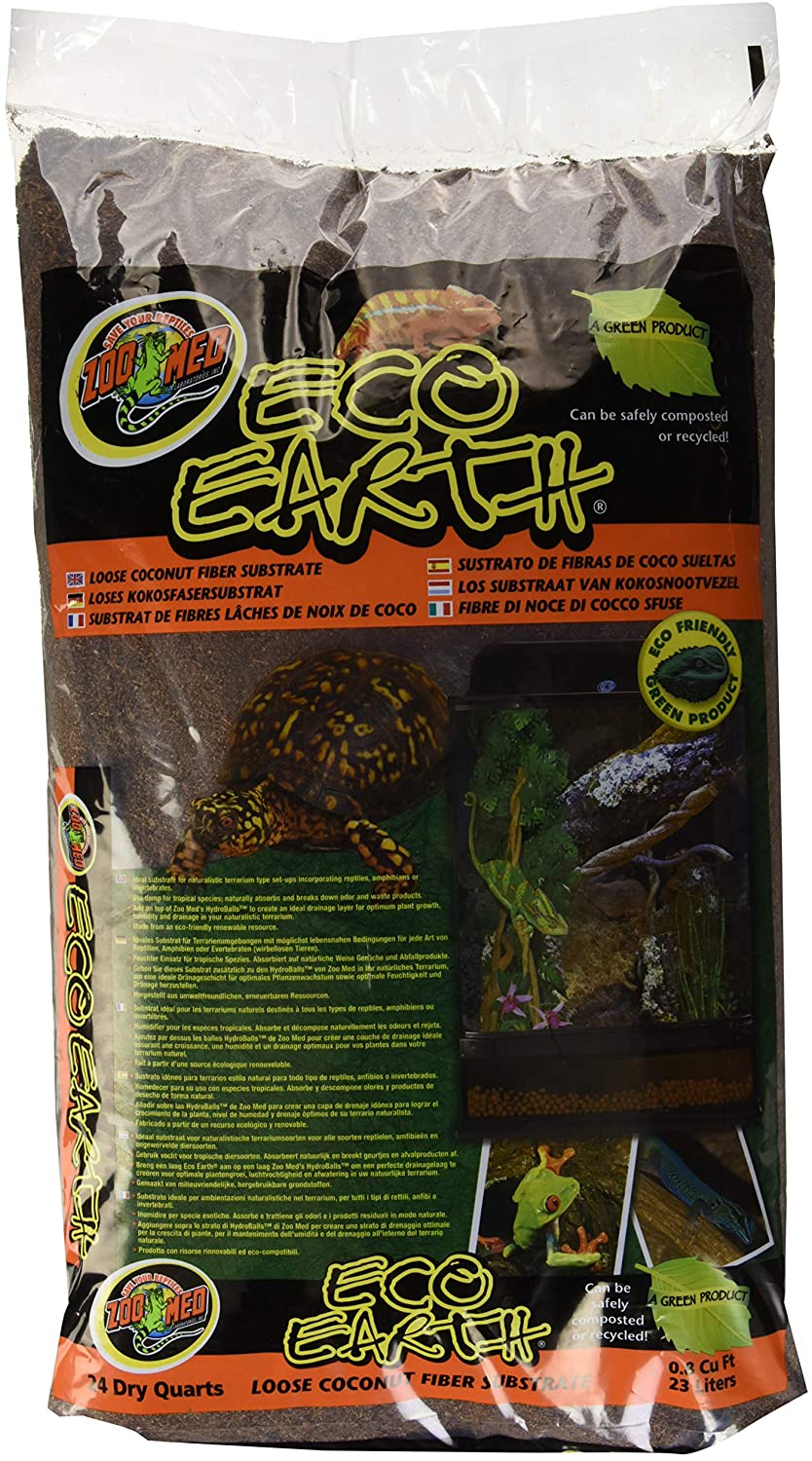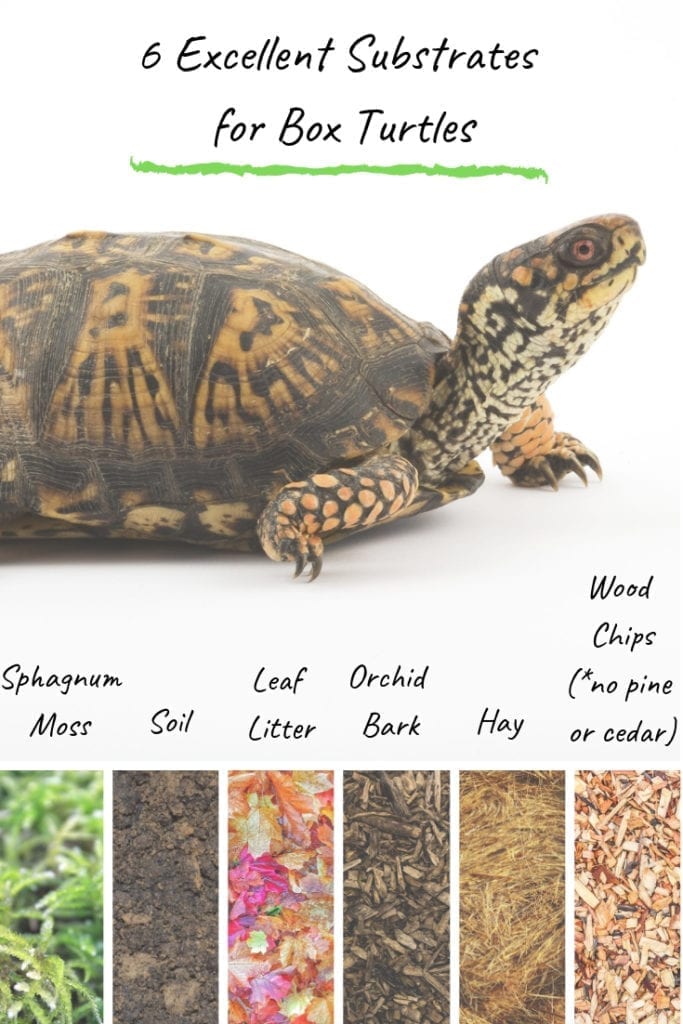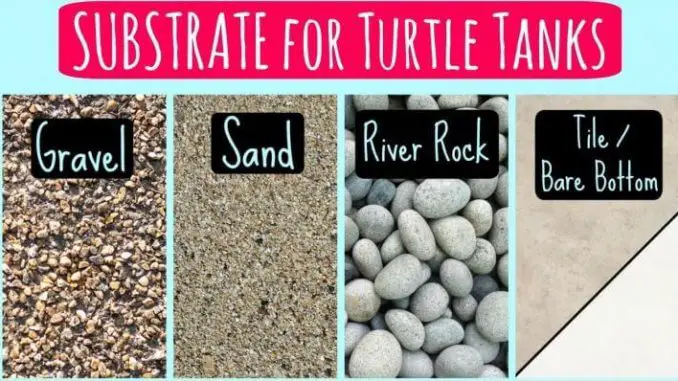Best Substrate For Turtles
If you are a turtle owner, you know that giving your pet a comfortable and healthy living environment is essential. One of the most crucial aspects of creating a comfortable home for your turtle is finding the best substrate. But with so many options in the market, it can be challenging to decide which one is the best for your turtle.
Pain Points
As a turtle owner, you might have faced some challenges finding the ideal substrate for your pet, such as the substrate being too dusty or dirty, being too difficult to clean, or creating a bad odor over time. Therefore, it's crucial to find the best substrate that suits your turtle's needs and is easy for you to maintain as well.
Best Substrate for Turtles
The best substrate for turtles is the one that provides a comfortable, safe, and healthy environment for your pet. The best substrate options for turtles include coconut fiber, cypress mulch, sphagnum moss, and water-absorbent polymer crystals. Each type has its unique features that suit different turtles' needs. Before selecting the substrate, you should consider your turtle's species, habitat, size, and behavior.
Summary
In summary, finding the best substrate for turtles is vital to give your pet a comfortable and healthy environment. You should consider your turtle's species, habitat, size, and behavior before selecting the substrate. The best substrate options for turtles include coconut fiber, cypress mulch, sphagnum moss, and water-absorbent polymer crystals. Each type has its unique features that suit different turtles' needs.
Coconut Fiber - The Best Substrate for Turtles
Coconut fiber, also known as coir, is an organic substrate that is made from the fiber of coconut husks. It is becoming increasingly popular among turtle owners due to its many benefits. Coconut fiber is highly absorbent, dust-free, and can help maintain the humidity levels in the enclosure. In addition, it is easy to clean and does not create bad odor over time.
I have been using coconut fiber as a substrate for my three turtles for the past year, and I couldn't be happier with my decision. It has made cleaning the enclosure a breeze, and my turtles seem to enjoy it too. They love to burrow in it, which makes their enclosure more natural and stimulating.
Cypress Mulch - A Great Option for Turtles
Cypress mulch is an excellent option for most turtle species as it is soft and absorbent. It also can help regulate the humidity levels in the enclosure. However, you should avoid using it with turtles that are prone to biting or ingesting it as it can cause blockages or impaction.
When I had a box turtle as a pet, I used cypress mulch as a substrate for him, and it worked well. It was easy to maintain, and my turtle seemed comfortable with it. However, I had to switch to another substrate after he developed a habit of trying to eat it.
Sphagnum Moss - Ideal for Aquatic Turtles
Sphagnum moss is an excellent substrate for aquatic turtles as it can help maintain their natural environment. It is soft and absorbent and can help regulate the humidity levels in the enclosure. However, it can also decay over time and create bad odor, so you should replace it regularly.
Water-Absorbent Polymer Crystals - A Unique Option
Water-absorbent polymer crystals are a unique substrate option for turtles. They are made of small crystals that can absorb and retain water, making them an excellent option for aquatic turtles. However, they can be slippery, so you should be careful when using them with turtles that have mobility issues. In addition, you should replace them frequently as they can break down over time.
Question and Answer
Q: How often should I change the substrate in my turtle's enclosure?
A: It depends on the type of substrate you are using. Generally, you should replace the substrate every three to six months. However, some substrates need more frequent replacements, such as sphagnum moss, which can decay over time and create bad odor.
Q: Can I reuse the substrate?
A: It's not recommended to reuse the substrate as it can harbor bacteria and parasites. Therefore, it's better to replace the substrate every time you clean the enclosure.
Q: Do I need to add calcium supplement to the substrate?
A: You don't need to add calcium supplement to the substrate. However, you should provide your turtle with a calcium supplement in their food or water to prevent calcium deficiency.
Q: Can I mix different substrates?
A: It's not recommended to mix different substrates as it can create an unstable environment in the enclosure. Therefore, you should select one substrate that suits your turtle's needs and stick to it.
Conclusion
Finding the best substrate for turtles is crucial to provide your pet with a comfortable and healthy environment. The best substrate options for turtles include coconut fiber, cypress mulch, sphagnum moss, and water-absorbent polymer crystals. Each type has its unique features that suit different turtles' needs. When selecting the substrate, you should consider your turtle's species, habitat, size, and behavior. By choosing the right substrate, you can create a happy and healthy home for your turtle.
Gallery
The Best Substrate For Box Turtles In The World - TurtleHolic

Photo Credit by: bing.com / turtles substrate
The Best Substrate For Turtles

Photo Credit by: bing.com / substrate
The Best Substrate For Turtles – A Detailed Buying Guide

Photo Credit by: bing.com / substrate turtle zoomed
The Best Substrate For Box Turtles In The World - TurtleHolic

Photo Credit by: bing.com / box turtles substrate substrates excellent great organic total go
Best Turtle Substrate For Your Pet Tank In 2022 (TOP 5)

Photo Credit by: bing.com / substrate crushed contained minerals naturalized calcium well